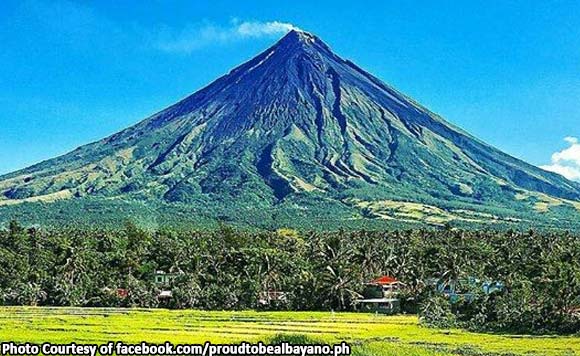
LEGAZPI CITY – Organizers of the Albay Blue Lane (ABL) Inc., a non-government organization (NGO) that pioneered the ‘blue economy’ concept of development, met recently at the Pacific Blue Dive Center here to refocus and restrengthen its mission of coastal and marine protection objectives, and to strictly safeguard Albay’s world class biosphere reserve.
Given the intensifying threats climate change imposes, the ‘blue economy’ that foremost includes marine resources conservation, is regarded as the ‘last frontier’ of development and therefore, should be nourished and protected, according to Nong Dawal, one of the original organizers of ABL, Inc.
Dawal said ABL’s revival will now use as platform Albay’s declaration in 2016 as a World Biosphere Reserve by the United Nations Educational, Scientific and Cultural Organization or UNESCO, under then governor and now Cong. Joey Sarte Salceda. The declaration put this province in the world list of places for learning sustainable development and biodiversity conservation with the sustainable use of natural resources.
The Department of Environment and Natural Resources (DENR) had already completed the construction of the Biosphere Reserve and Research Center building in Manito town. The Center will be fully furnished by 2025, with its own modern laboratory, instruments and well-trained staff.
ABL Inc., which in itself will undergo its own transformation next year, is now focused on key areas for future growth, including research, organizing, networking and alliance building, and capacity building to further strengthen its overall effectiveness and impact. The ABL concept was first introduced as among the five pillars of development of Albay in 2007 by then Gov. Salceda. It initially focused on four strategic areas in the province’s eastern coast — Cagraray, Rapu-rapu, Batan and San Miguel Island (CRABS).
To further consolidate and expand its development dimension, a subsequent executive order was issued to implement the Coastal Resource Agri-Bio System (CRABS++), a development approach for – among others – the reduction of poverty in the coastal and island communities in Albay’s eastern and western seaboards.
Owing to its successes in training coastal communities to promote the province’s rich biodiversity, it was once more restructured as the Albay Blue Lane Eco-Nautical Tourism Unit in April 2014, and then converted as an NGO in 2016, and renamed as ABL Inc.
In 2014 alone, ABL Inc. had trained 14 island barangays in bio-intensive gardening, distributed organic farming tools to some 3,150 recipients in the province’s coastal communities, conducted at least four underwater bio-physical assessment around Albay Gulf, identified and evaluated 32 dive sites, and evaluated and promoted 23 tourism sites.
Records show the ABL Inc. has been espousing the ‘blue economy’ concept long before an official call was issued by the Philippine government through the DENR for such a program.
Present during the recent December 19 meeting were Dawal, Raymund Daen, environment campaigner and former Guinobatan mayor Christopher Dy-Liacco Flores, dive expert George Nakano, and journalist Ex Rieza. ABL Inc. has set a general assembly meeting in early 2025 to elect its new board and set of officers, to push anew its mission and corporate objectives forward, after a brief hiatus caused by the pandemic.